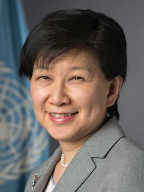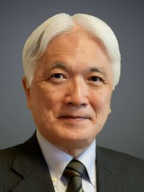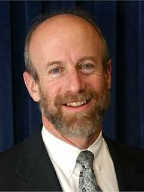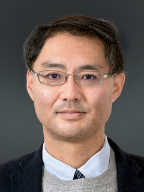Program (March 2, 9:00-12:30)
Welcome Speech (9:00-9:10)
Part I: Democracy in the World (9:10-10:30)
Can We Sustain Democratic Societies?
(1) Keynote Speech (15 min)
(2) Comments
(3) Discussion
Intermission (10:30-10:50)
Part II: Democracy and Economy in Japan (10:50-12:10)
Why Is It Difficult to Sustain Democratic Societies?
(1) Keynote Speech (15 min)
(2) Comments
(3) Discussion
Closing Speech (12:10-12:20)
Theme
In the past 20 years, the population in democratic states has been shrinking to about 30% of the world population, by the rise of authoritarian governments and failure of maintaining democracy in developing and underdeveloped countries. Sustainability of the democratic societies is now under question.
This phenomenon suggests that there exists some vulnerability in the democratic system. It may lead to self-destruction of democratic societies and may be targeted by those who try to ruin the democratic regime. Various shocks such as COVID-19 pandemic, Russian aggression against Ukraine, a rise of geopolitical risks in East Asia, and the climate change due to global warming can be factors or triggers to induce further decay of the democratic societies.
In this symposium, based on our research in the interdisciplinary project (in Economics, Global Governance and Public Law) “Risk, Network and Democracy: Institutional Designs for Sustainable Society and Economy,” we discuss sustainability of the democratic societies from the following two perspectives:
(1) Why is it difficult to sustain democratic societies?
(2) Can we sustain and expand the democratic societies in the world?
In the discussion, we pay attention to problems and roles of Japan, as an important democratic country in Asia, in improving the sustainability of the democratic societies in the world.
We start with discussion on the democracy in the world in relation to various risks we are facing now. Then, we ask if democracy can be sustainable in Japan to discuss policies to improve resilience of the democratic societies in the world.
Brief Profiles of Panelists in Part I

Profile Link

Profile Link

Profile Link
Brief Profiles of Panelists in Part II

Profile Link

Profile Link

Profile Link


